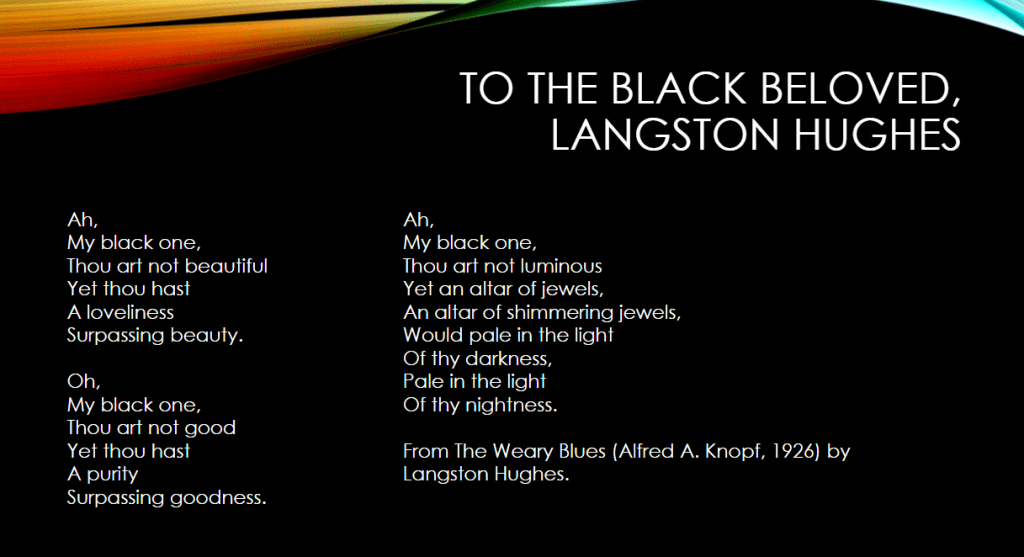Relive the University’s recent successful Culture Day, part of its Festival of the Future. Here we give you a summary of the great presentations. Films of some of them will be available soon.
Jan Merchant, Senior Archivist, started the day with an overview of the University Archives and the role they play in caring for and supporting communities in and around Dundee.
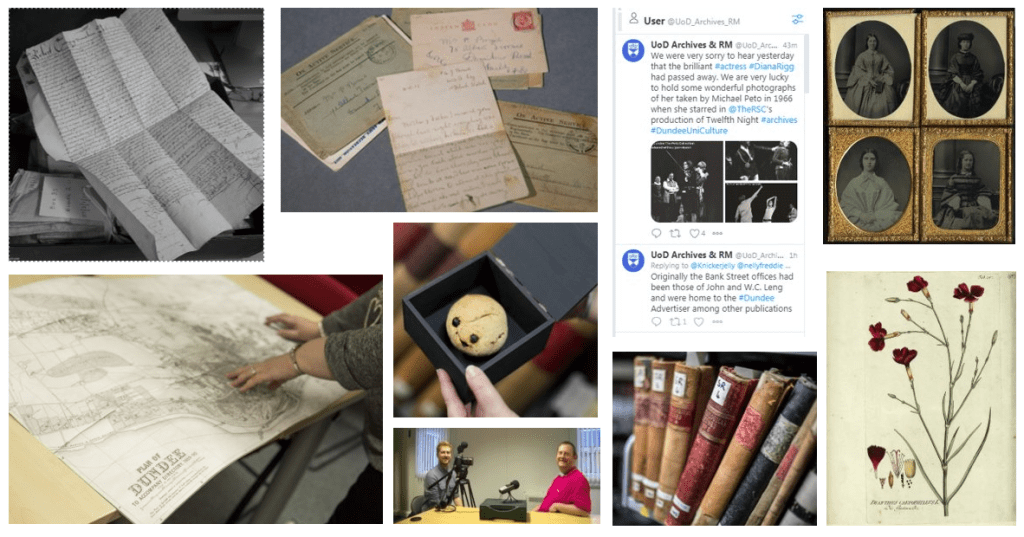
Jan was followed by Chris Lim (DJCAD) who focused on design and care. In the world of business and in healthcare, people want to feel they are being cared about or cared for. Design thinking places an emphasis on human-centredness when creating a new product, service or business model. Chris explored whether Design could be considered as a practice of care, moving beyond not just the valuable design of things or systems that care or provide care?
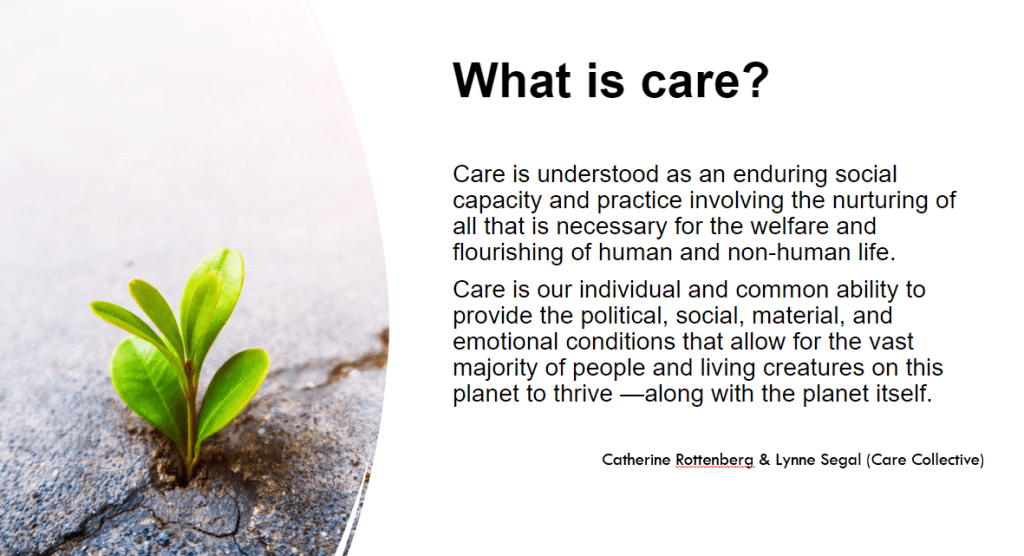
Allan Kennedy (History, School of Humanities, Social Sciences & Law) talked about caring for the poor in early modern Scotland. We have a tendency to imagine ourselves as more enlightened than our ancestors – more inclined to be tolerant, compassionate and caring towards others, particularly when the ‘others’ in question are the poor. But contrary to what might be expected, poor people in early modern Scotland (c.1500-c.1750) were not simply flung on the human scrapheap; there was in fact a relatively wide-ranging system in place for looking after them. Allan explored the ideas and assumptions underpinning Scottish poor relief in the early modern period, as well as exploring the practical ways in which those who fell on hard times were offered care.
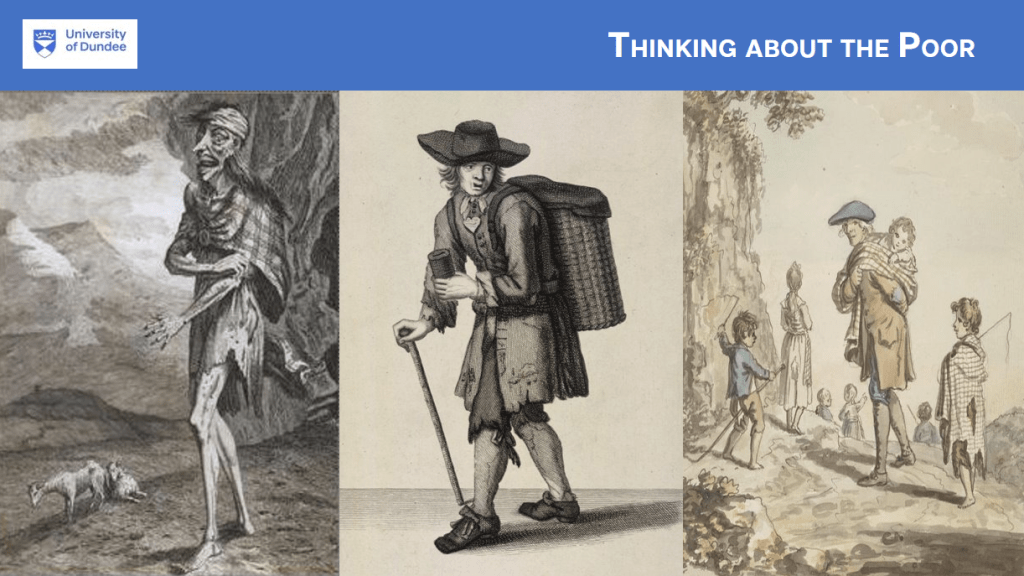
Vicki Tully (School of Medicine) gave an overview of the collaborative work that has been undertaken by students and staff at the School of Medicine to improve wellbeing.
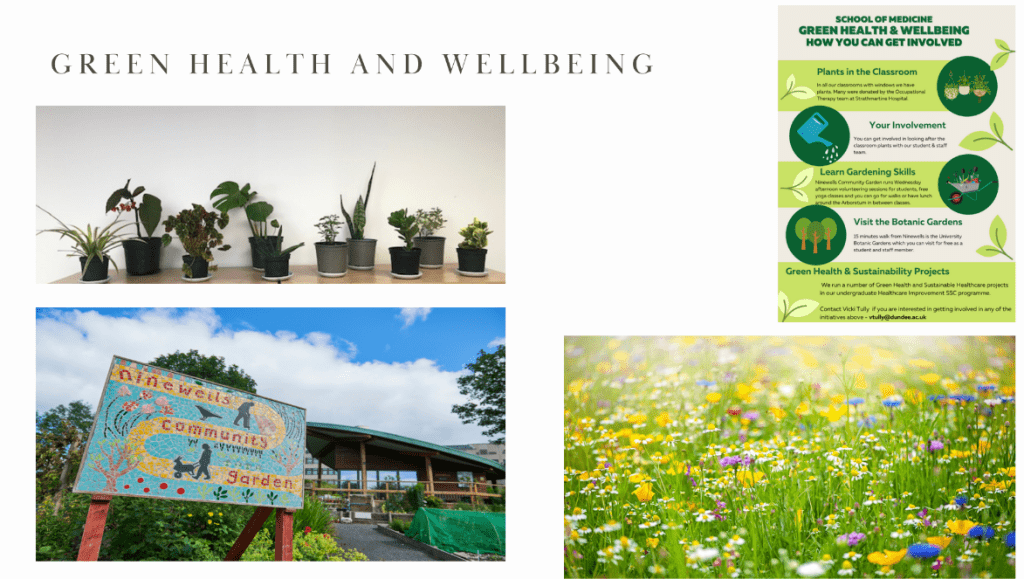
Graham Pullin (DJCAD) talked about his work in Studio Ordinary
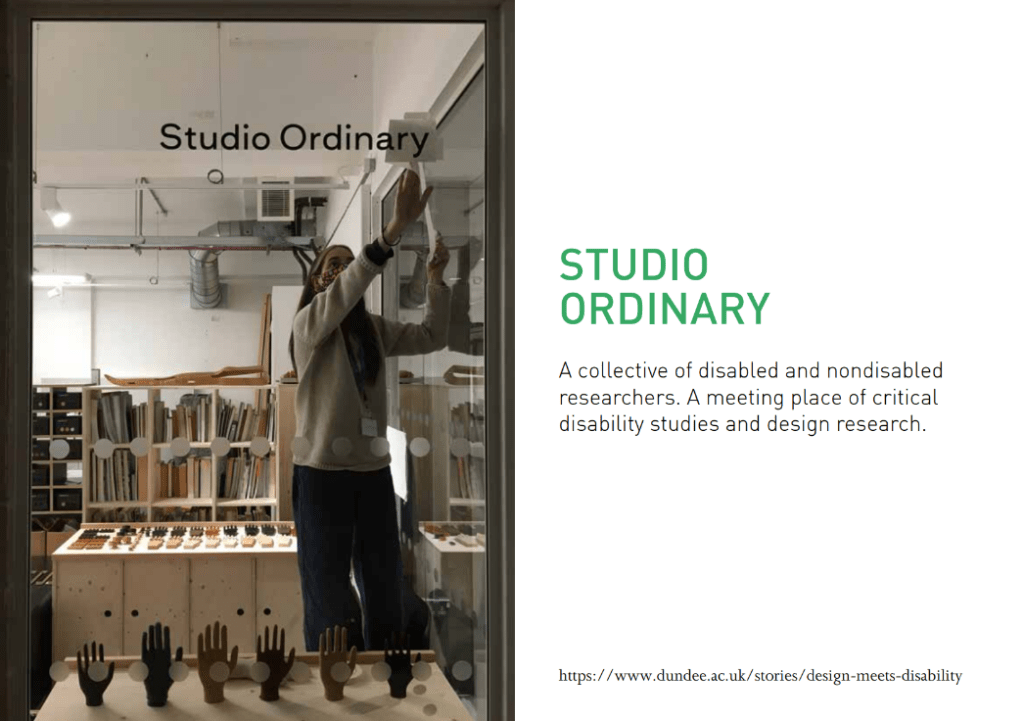
Studio Ordinary is a meeting place of critical disability studies and design research. Part of its ethos and approach involves an attention to the details of disability objects and services: as a way of embodying cultural issues around disability with more nuance; as a way of engaging disabled people as co-researchers; and as a way of seeding new conversations and eliciting deeper insights. Recent and current projects include limb-fitting services, hearing aids, inclusive lab-coats and augmentative communication.
Chris Murray followed (English, School of Humanities, Social Sciences & Law) talking about creating healthcare comics.

His talk outlined the process of creating comics that communicate information about healthcare. Several of these have been produced in recent years in collaboration with partners in the NHS, the School of Dentistry and various charities and organisations, with each requiring a different approach in terms of storytelling and design.
The Medical History Museum was the topic of the talk by Matthew Jarron (Museum Curator).
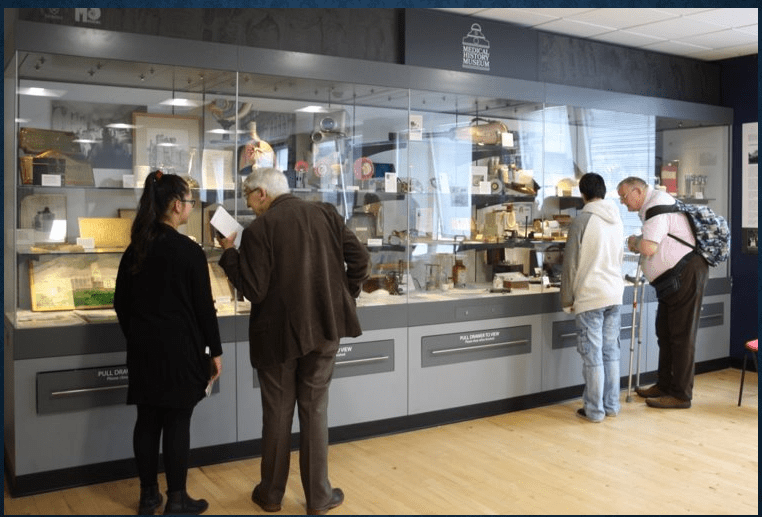
The Medical History Museum was founded 35 years ago by volunteers in the School of Medicine and has developed into an important and wide-ranging collection. In this talk, Matthew will explore the history of a museum dedicated to healthcare.
Kevin Frediani (Botanic Garden) followed discussing the caring garden, in particular the journey of making the Good Grief Memorial Garden, hosted at the University’s Botanic Garden. It is a garden conceived from a student’s loss, nurtured through the pandemic and morphed into a place now imbued with the emotion of many people, whose own loss has been supported in a space that now looks to make sense of life, to witness death and help foster the onward journey through a good grief.

Jodie Williamson (Philosophy, School of Humanities, Social Sciences & Law) asked how might a level of care be provided to pupils in classrooms today, who live in a world suffused with technology? Their experience of the world is vastly different to that of previous generations. Taking inspiration from a 1932 German educational radio play by Walter Benjamin, a team of researchers from across Philosophy and Education at the University of Dundee have been working together with local schools to explore how education can adequately prepare young people to live in a technological world critically and creatively.

Jodie was followed by Daniel Cook (English, School of Humanities, Social Sciences & Law) who talked about Walter Scott’s The Highland Widow. Scott’s 1827 story The Highland Widow has often been read as an allegory of political tensions within Scotland after the Jacobite rebellion of 1745. Elspat MacTavish is the widow of a Jacobite soldier. She hopes their surviving infant son will grow up to revive an imperilled community. A post-Union Scot, Hamish Bean instead emulates his father’s sense of adventure by joining a government regiment destined for America. The incensed Elspat drugs the young soldier, causing him to be tried and executed as a deserter. Elspat devotes the rest of her life to mourning and ends her days in self-imposed exile. Reading the depiction of care and neglect more literally than is usual, Daniel’s talk examined Scott’s complex sense of duty in an age of heightened political unease.

Finally Susan Mains (Geography, School of Humanities, Social Sciences & Law) explored the ways in which cinema and exhibition curation can offer a unique opportunity to view moving images while highlighting care as a political and collective process. The work of film-maker Isaac Julien was discussed in order to examine how he brings together identity and mobility through the creation of images and spaces that encourage reflections on race, sexuality, labour and poetry and how these can challenge our assumptions about beauty.
